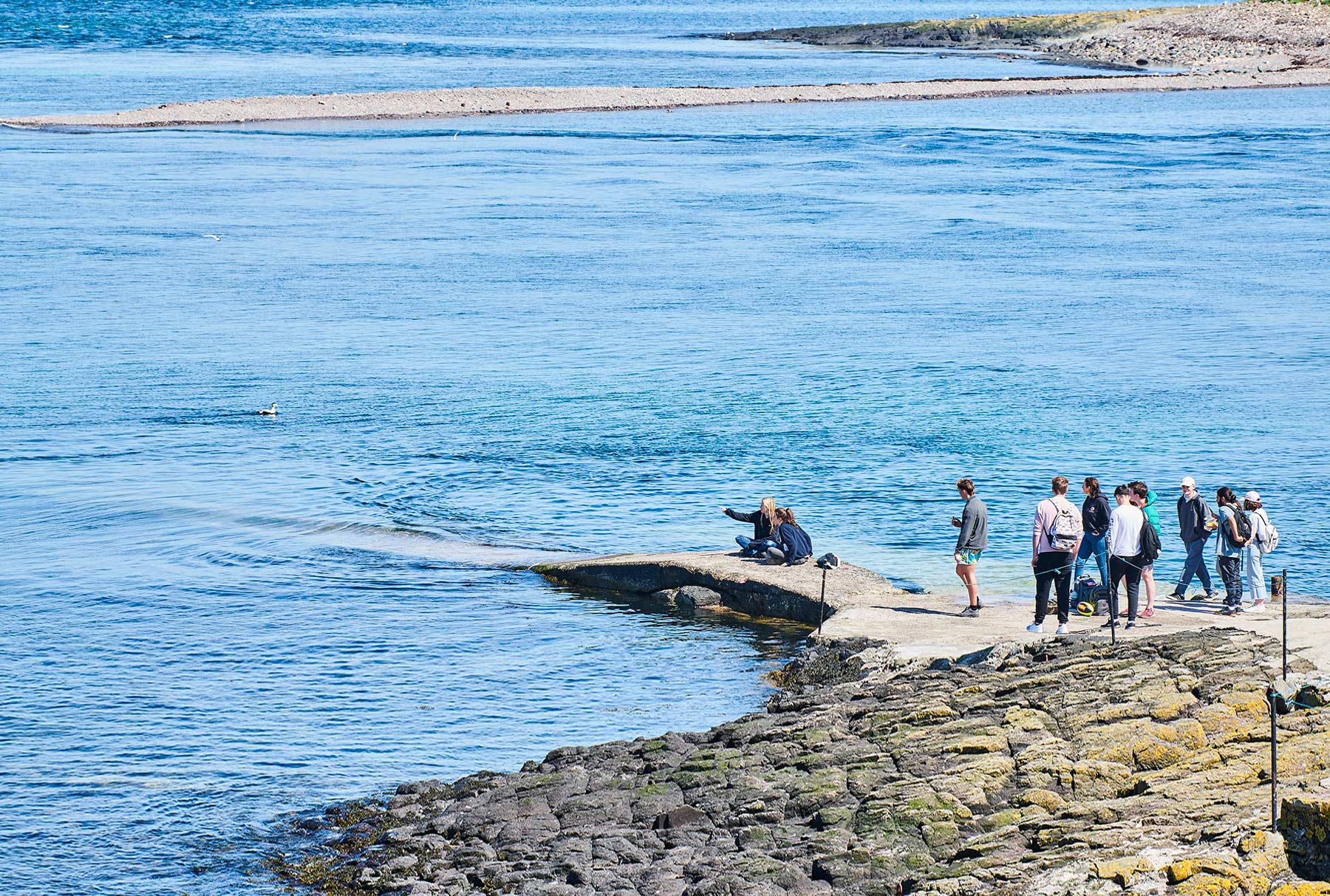Water
About
Our work reflects issues with major societal impacts including flooding, drought, ecosystem services associated with moving water, and delta futures. We have a major profile within the UK in relation to flooding and its impacts, but our research sites are world-wide including Iceland, Chile, the Yangtze and other major deltas in SE Asia. Our research centres on a number of sub-themes including geomorphological impacts of floods, glacial outburst floods, 'citizen science' in relation to flood risk, and Anthropocene water futures.
Projects
Landslides triggered by Storm Desmond at the A83, Rest and Be Thankful, Scotland
Location: Scotland, 36°13'25.00"N, 04°50'31.00"W
Newcastle staff: Dr Stuart Dunning
Post-graduates:
External collaborators: Dr Mike Lim, Bradley Sparkes (University of Northumbria); Prof. Mike Winter (Transport Research Laboratories)
Project outline: Storm Desmond produced intense and prolonged rainfall which resulted in extensive flooding in the U.K. A number of landslides were also triggered, many of which damaged infrastructure and the transport network in particular. We are in a unique position, holding pre-event, and during event data for slopes that failed during and after Storm Desmond at the most 'at risk' trunk road in Scotland1-3, the A83 Rest and Be Thankful (RABT), Argyll and Bute, which is a key arterial route. Since 2007 at least 13 debris flows have occurred. Existing monitoring has been invaluable in defining post-event conditions and sediment dynamics with instruments often installed after events, but there are no complete (pre- and post-) data on a single large event. This is essential in refining and validating physical and numerical modelling approaches, which can be used for enhanced management of the problem, and the design/refinement of appropriate monitoring and mitigation strategies that our project partners are responsible for putting into operation. Our proposal is to collect transient post-event data to allow follow-on funding proposals to answer the outstanding science questions, which are relevant for multiple sites beyond the RABT, and to document the transience of key evidence to inform how 'urgently' we do need respond to future large events to adequately quantify them.
Acknowledgments: This research was supported by a National Environmental Research Council Urgency Grant (£47k, PI Dunning).
Callum Pearson: Flood management in Nepal
The current flood management approach in Nepal, and in much of the wider Himalayan region, is concentrated on the area of impact and does not to consider potential flood management interventions in the source areas in the upper parts of the catchment. My PhD project is investigating the potential impact of flood management interventions in these source areas through working at the catchment scale.
The project will first analyse the spatial pattern of flood risk generation at the national scale before undertaking detailed modelling of a study catchment to quantify potential flood management interventions. The final outcome of the project is the development of a toolkit that can apply the approach to other locations in Nepal and globally.
My research interests are predominantly focused around flood management and hydrology. I graduated from the University of Glasgow with a BSc in Geography. Following that I have completed an MRes at Durham University and worked for a small flood risk consultancy in Glasgow. For my MRes thesis I used a combination of a physically-based, spatially-distributed hydrological model (CRUM3), a risk-based model focused on hydrological connectivity (SCIMAP-Flood) and stakeholder engagement to develop and model natural flood management interventions at the catchment scale.
View Callum's profile
